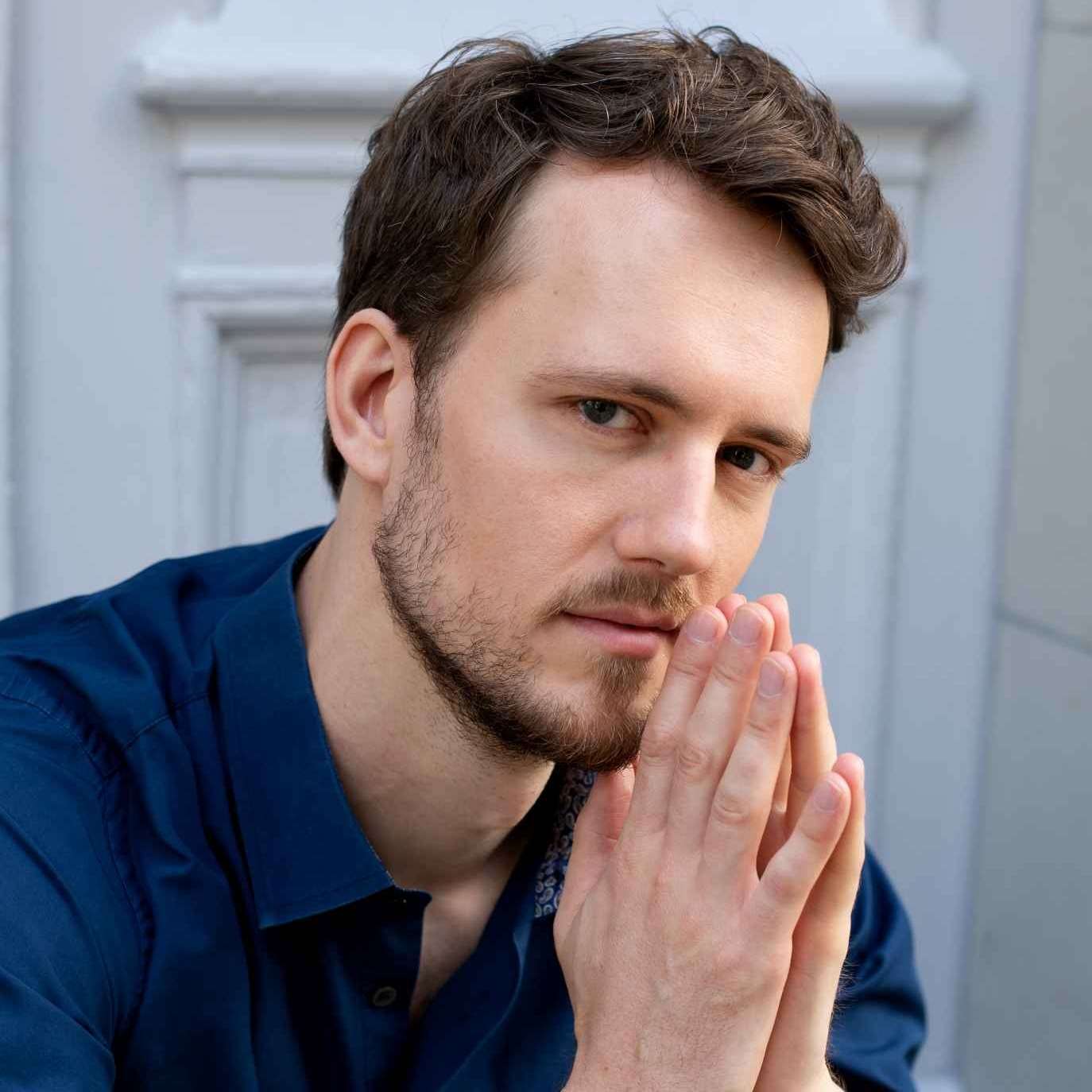
Baritone, Bass-Baritone
Yannick Debus
Represented by

Represented by
Francesco Corti, Conductor
Elena Barbalich, Stage Director
Francesco Corti, Conductor
Elena Barbalich, Stage Director
Francesco Corti, Conductor
Elena Barbalich, Stage Director
Tobias Stückelberger, Conductor
Adrian Kelly , Conductor
Mélanie Huber , Stage Director
Solo Concert with Anima Eterna Brugge, productions of Carmina Burana with the NedPhO in Concertgebouw Amsterdam and with Tonhalle Zürich, Guglielmo in Così fan tutte, Dr. Falke in Die Fledermaus, the title part in Jakob Lenz, Lescaut in Manon Lescaut, Harlekin in Ariadne auf Naxos - all with Opernhaus Zürich.
Conte d'Almaviva Le nozze di Figaro, Graf Dominik Arabella, Lesbus (Lesbo) Agrippina, Lenz in Rihms' Jakob Lenz, Schaunard La bohème at the Opernhaus Zürich. The title role in Orpheus at the Drottningholms Slottsteater, Das Lied von der Erde / Lieder eines fahrenden Gesellen in Staatsoper Stuttgart, Janssens’ Le Rapport de Brodeck with the Flemish Opera, Guglielmo Così fan tutte with Orchestre National de Lyon, Monteverdi’s L'Orfeo with Freiburger Barockorchester and René Jacobs at Berliner Philharmonie, Philharmonie de Paris and the Gran Teatre del Liceu.
Ercole in Bembo’s Ercole amante with Il Gusto Barocco, Brahms Requiem with the Bamberger Symphoniker at the Wolfegg Festival Mahler’s Kindertotenlieder in Heidelberg, Christus Matthäus Passion in Seoul, South Korea, Frankfurt, Paris, Montpellier, Wroclaw, Budapest, Zürich, Carmina Burana with Brussels Philharmonic, and in Stadtcasino Basel, Guglielmo in Così fan tutte with Orchestre National de Lyon, Jesus in the Johannes Passion at Concertgebouw Amsterdam, the title part in Kusser’s Adonis at the Stuttgart Barock Festival with Jörg Halubek (CD recording), Handel’s Alexander’s feast with Barucco & Choir Ad Libitum at Brucknerhaus Linz, the title part in Monteverdi’s Orfeo with Freiburger Barockorchester in the Philharmonie de Paris, Barcelona, Konzerthaus Berlin, Freiburg, both roles Raphael and Adam in Haydn’s Die Schöpfung at Konzerthaus Berlin, Rodomonte in Haydn's Orlando Paladino and Bass solo in Messiah, Bach’s Magnificat, and Cantata 147 with Kammerorchester Basel, Masquerama Concert with Oslo Barokkanerne ensemble, Jupiter in Platée, Apollo in Apollo e Dafne with the Freiburger Barockorchester, Händel's Israel in Egypt at Philharmonie de Paris, Konzerthaus Freiburg and Berliner Philharmonie with René Jacobs, Graf Dominik in Arabella at Opernhaus Zürich; the Poet in Cimarosa’s L'impresario in angustie in Lübeck, Kaiser in Der Kaiser von Atlantis, Figaro in Milhaud's La mère coupable - at Theater Basel, Emireno in Händel's Ottone, Re di Germania at Innsbruck Festival of Early Music, Sprecher, Zweiter Priester in Die Zauberflöte, the title part in Jakob Lenz - at Opernhaus Zürich.
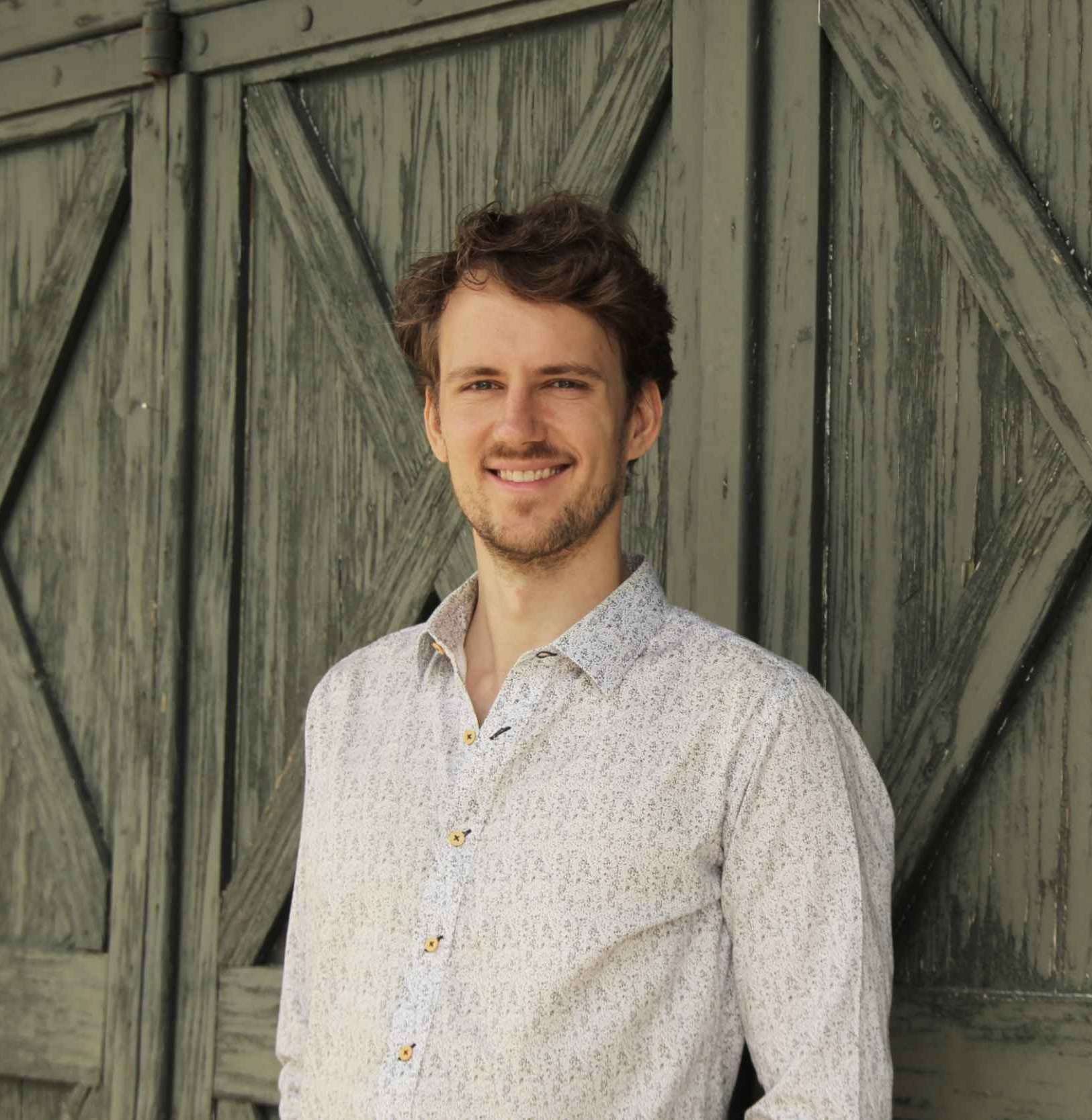
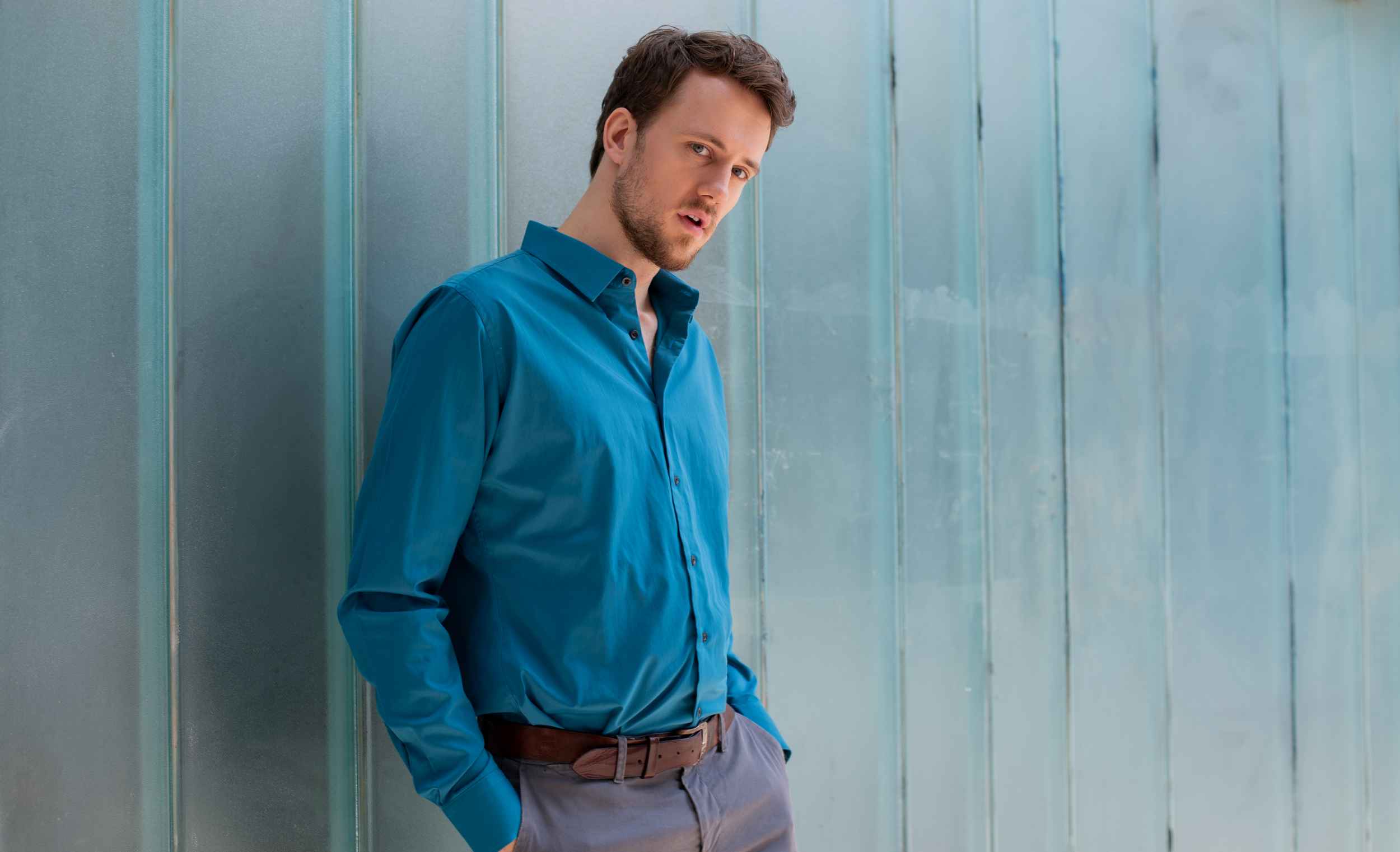
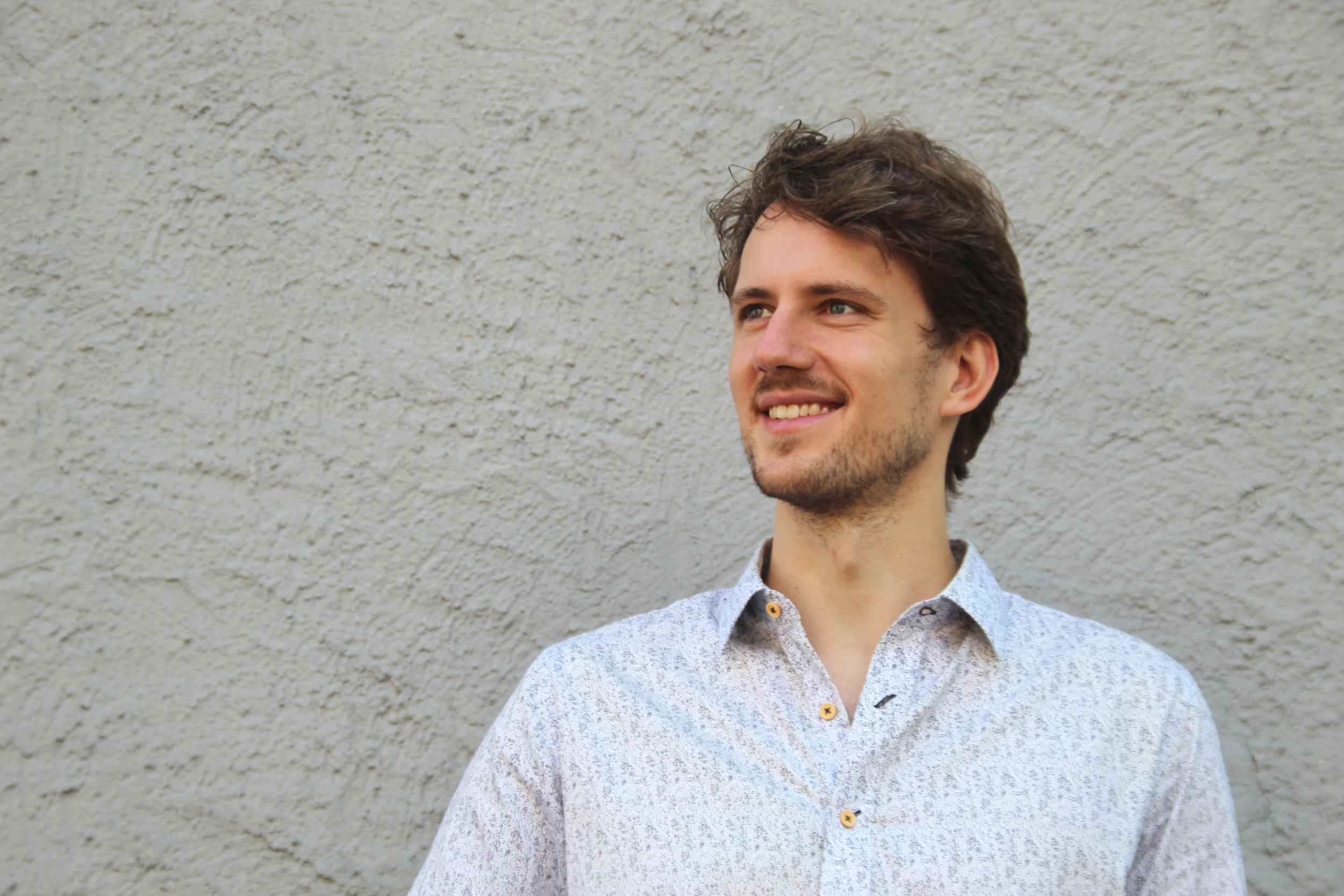
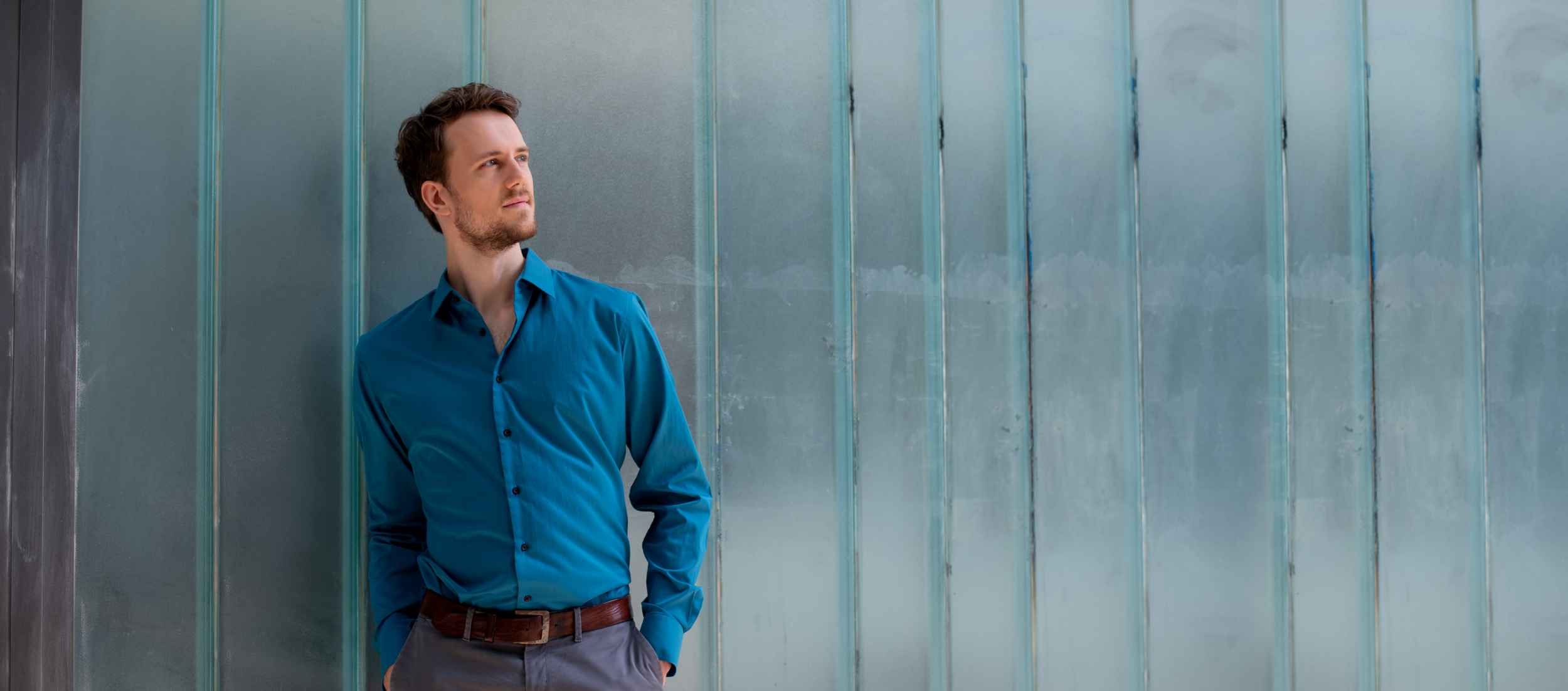
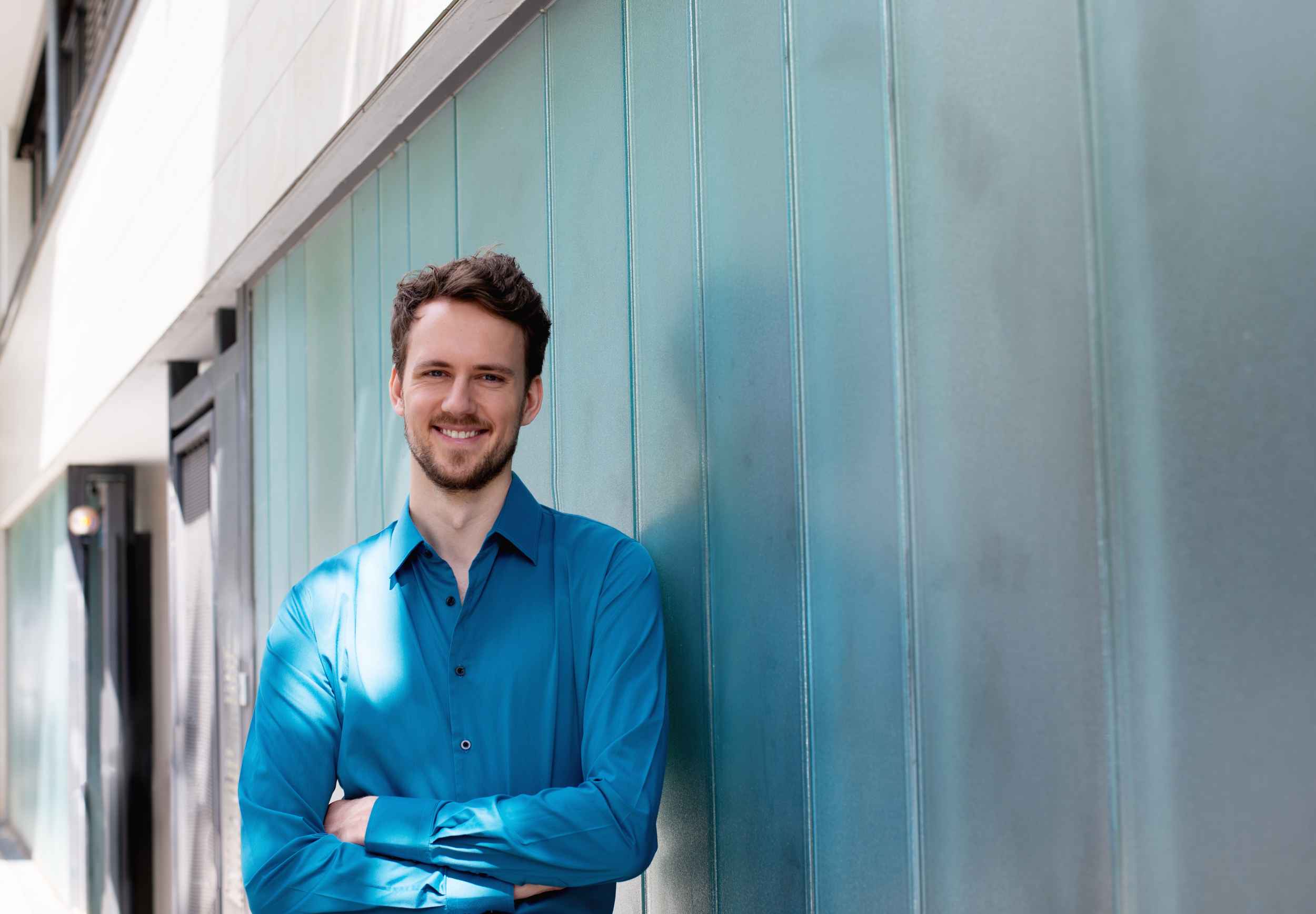
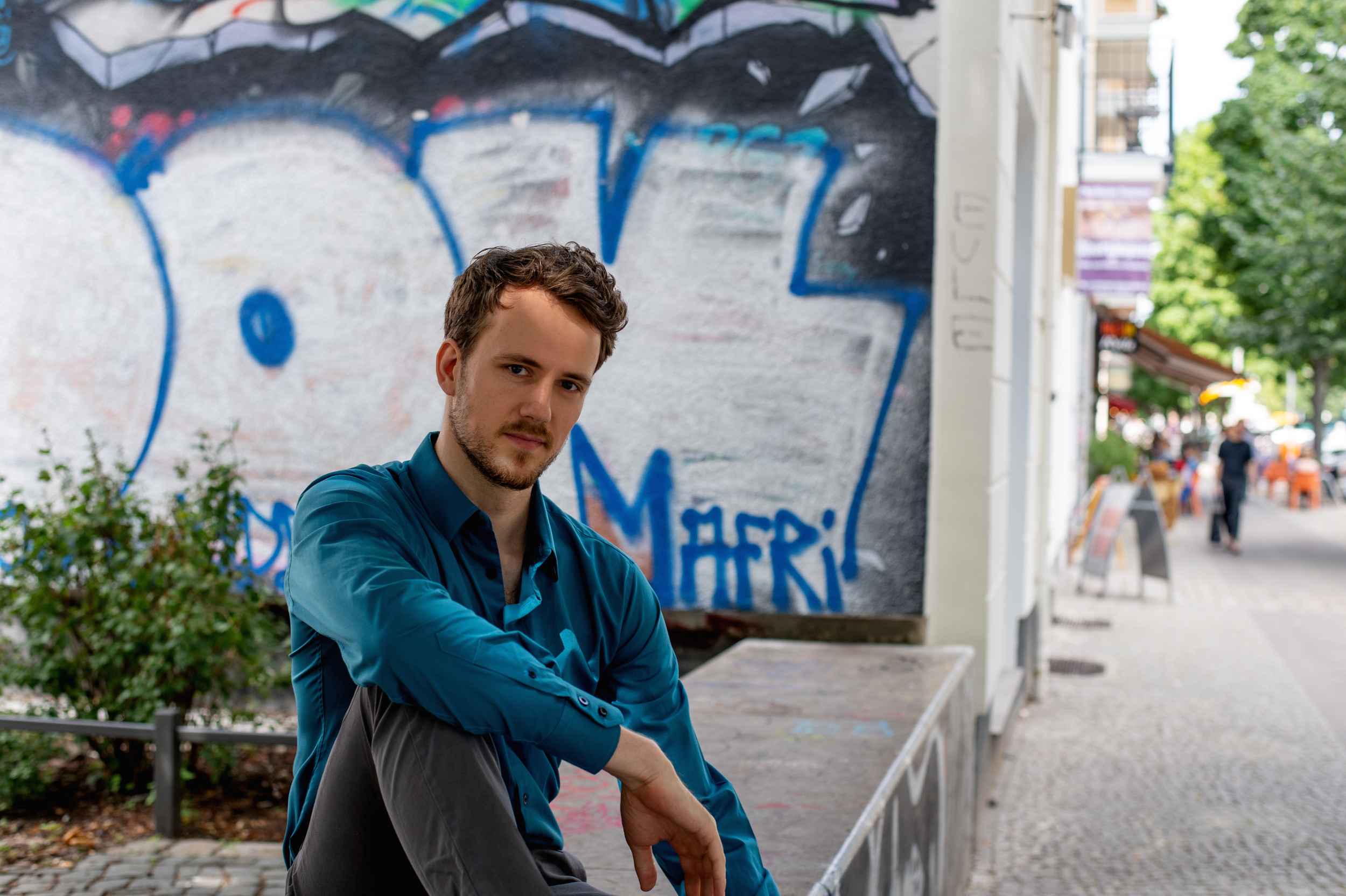
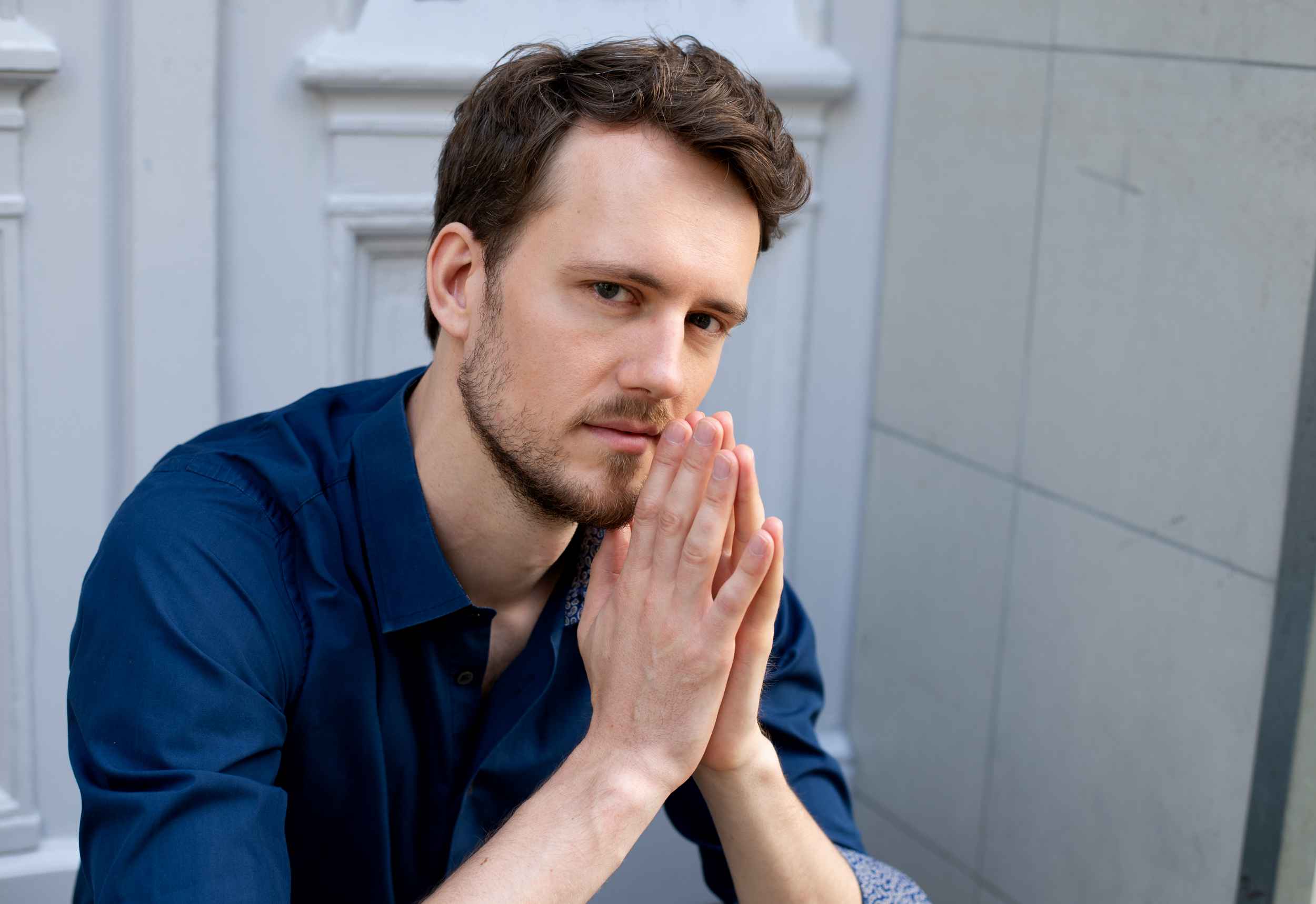
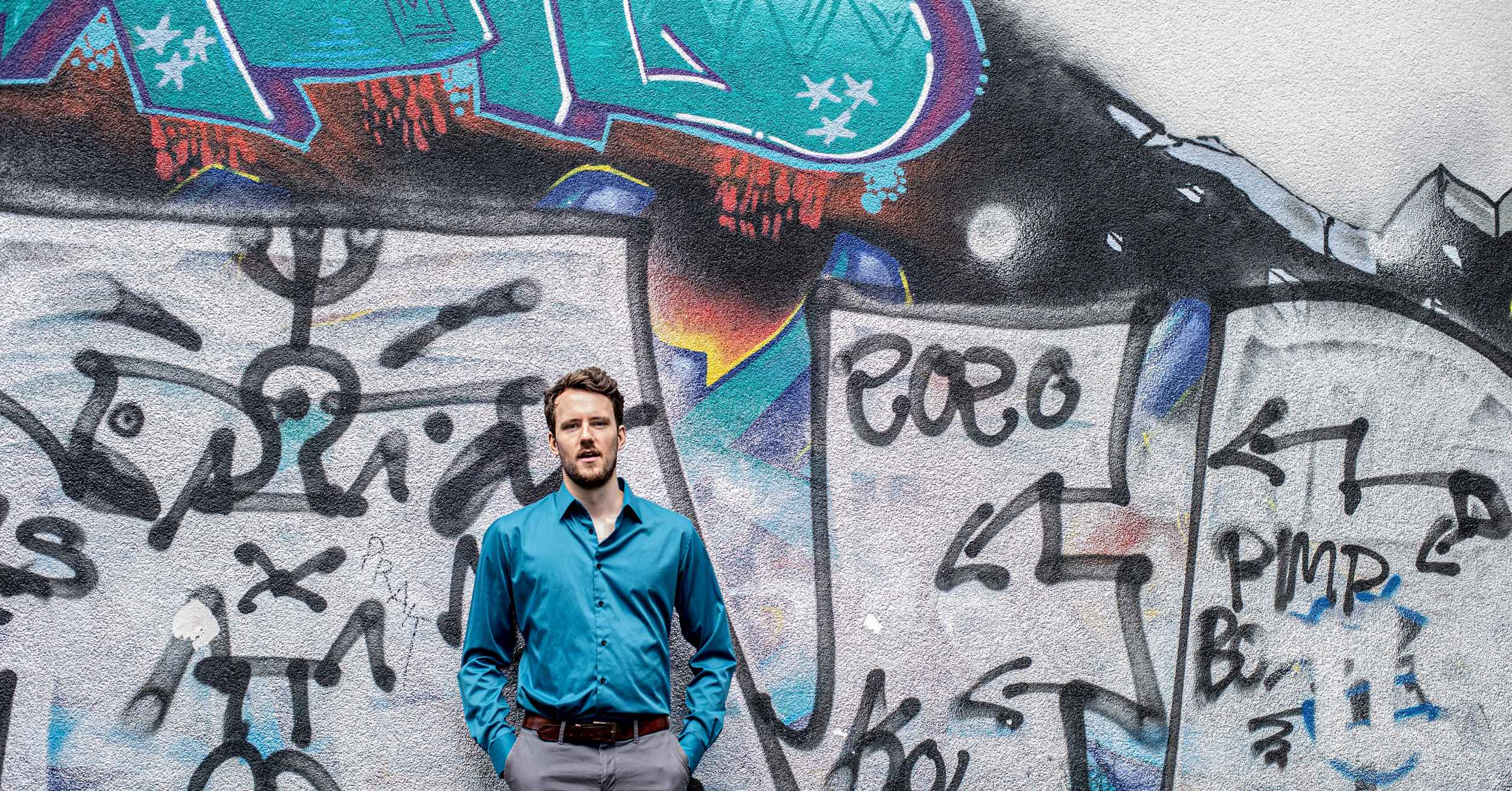
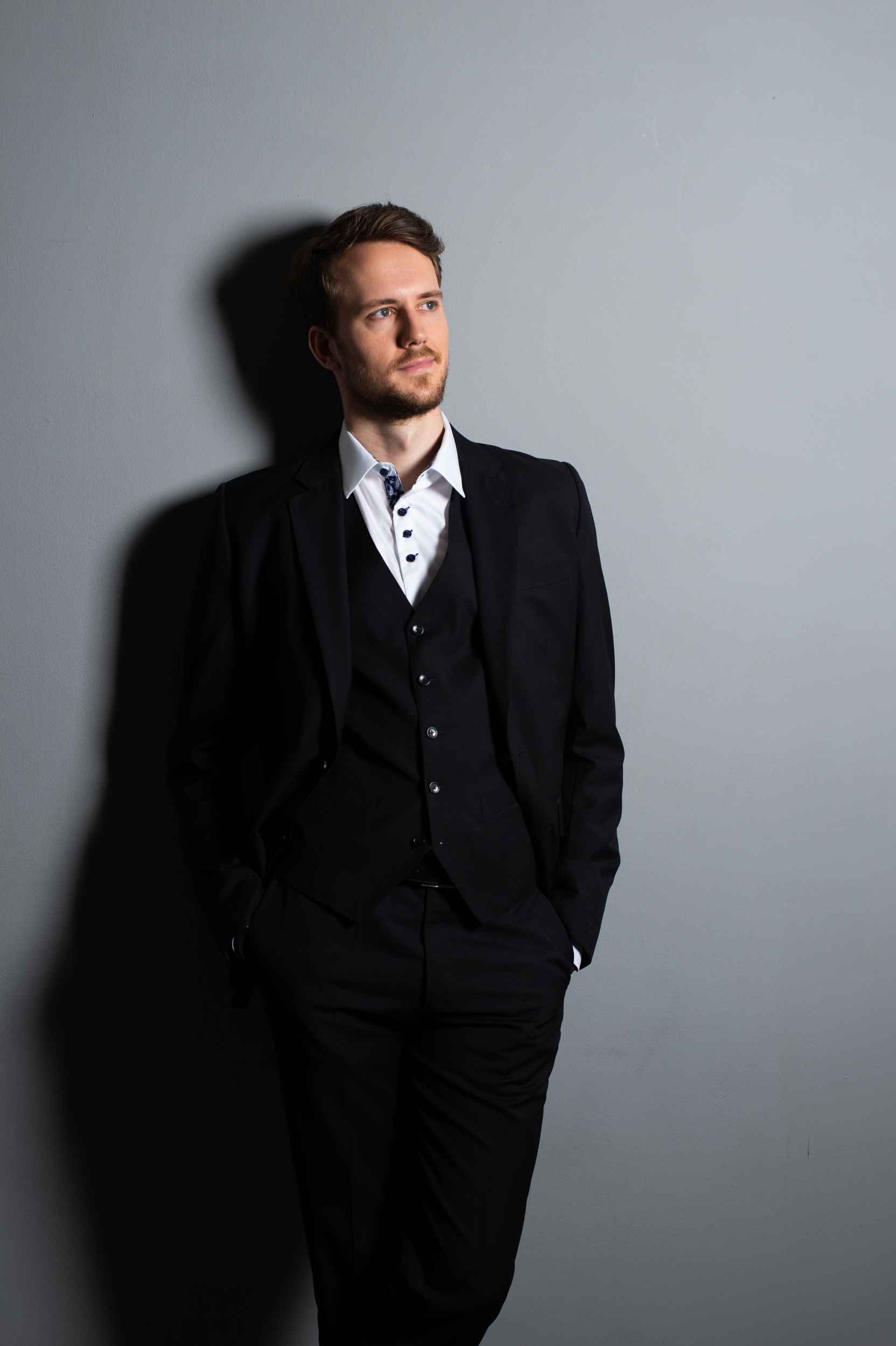


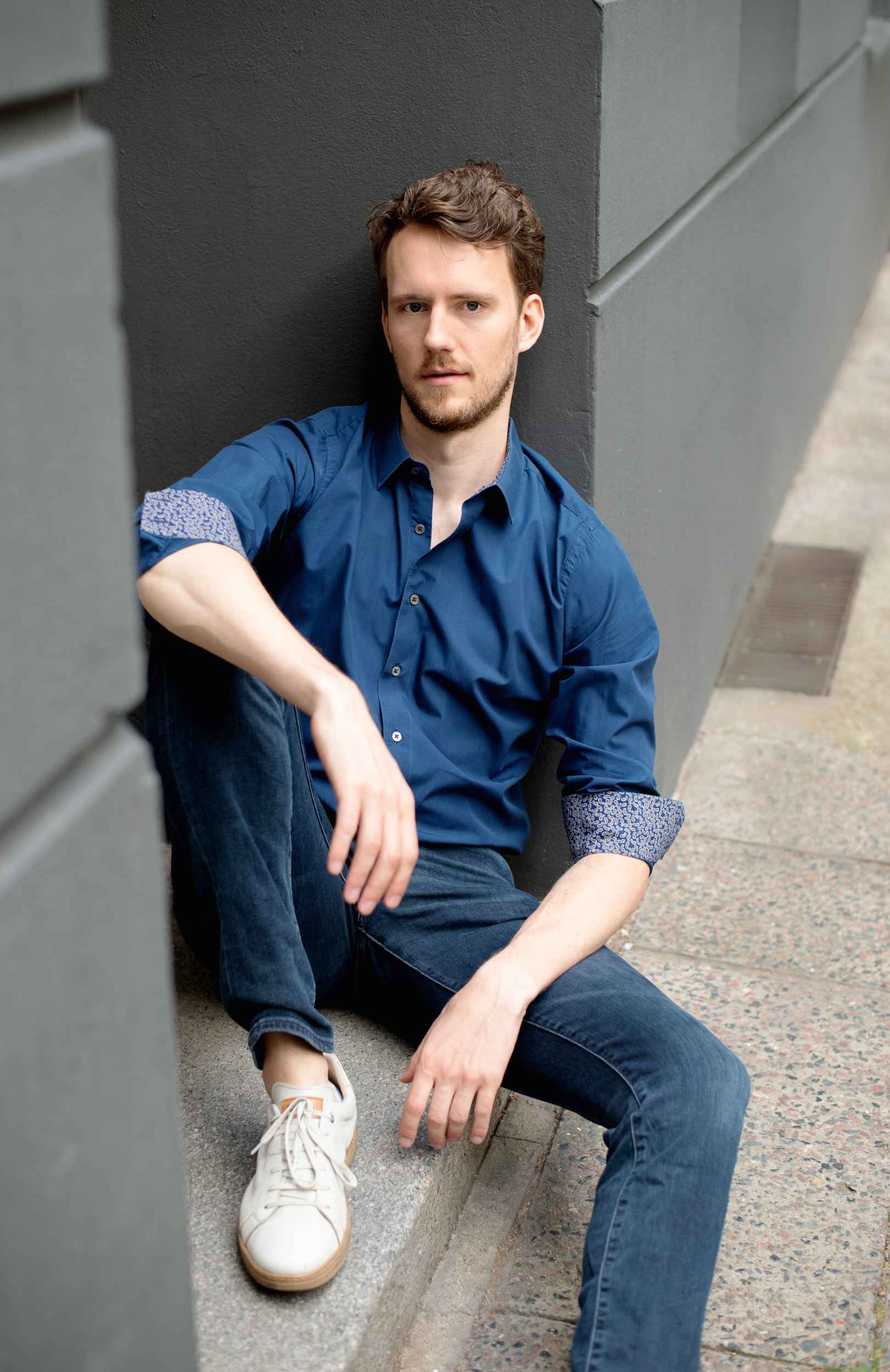
Lieder eines fahrenden Gesellen
Mahler
Lieder eines fahrenden Gesellen
Mahler
Tu sei il cor...
Händel
Tu sei il cor...
Händel
Hochrhein Musikfestival || Händel: Cantata Apollo e Dafne
Hochrhein Musikfestival || Händel: Cantata Apollo e Dafne
Rihm's Jakob Lenz - trailer
Rihm's Jakob Lenz - trailer
Den vokalen Part steuerte Yannick Debus dunkel sonorer, legatofähiger und dynamisch eingesetzter Bariton bei und bot damit genauso viel Hörfreude wie es die Tänzer visuell vollbrachten.
Yannick Debus ist der voluminöse Bariton, der die jähen Stimmungskontraste mit häufigem Taktwechsel in fesselnder Weise einfängt.
Leurs fiancés Guglielmo et Ferrando sont d’abord un régal de complicité, les voix s’accordant à merveille dès les trios initiaux : richesse des harmoniques, timbres superbes ! Le baryton Yannick Debus enchante aussi par ses dons de comédien, dans un « Non siate ritrosi » anthologique, colorant chaque mot avec intelligence. S’il n’est pas évident que l’air alternatif « Rivolgete a lui lo sguardo » – plus exigeant techniquement – lui convienne aussi bien, il déploie un phrasé souverain dans le duo « Il core vi dono ». Déjà, sa stature sonore dévoile la fibre d’un Don Giovanni versant juvénile. Rouspéteur à souhait mais toujours distingué de ligne, il fait chavirer la salle dans un « Donne mie la fate a tanti » truculent en diable.
Waren er dan helemaal geen lichtpuntjes? Ja, gelukkig zong de Duitse bariton Yannick Debus zijn hondsmoeilijke partij fenomenaal: zoveel kleuren, zoveel klankschoonheid… wat een verademing!
A tout seigneur, tout honneur : Yannick Debus campe un Ercole plein d’autorité. Verticalité, beau métal de la projection sont mis en valeur par le gras du timbre. Son ultime aria, celle de sa mort, est particulièrement réussie
Yannick Debus, as Jakob Lenz, rises to the challenge of this difficult material. Debus was fantastic in the title role, his standing ovation well-earned. He brought deftness and complexity to both the spoken and sung parts of the role, whether clambering up and down towers of boxes or curled up in the foetal position, whether delivering the text in a broken whisper or hitting the high notes with aplomb. More importantly, perhaps, he makes you care about Lenz, unable to dismiss him as a madman as his contemporaries do. (There is a genuinely chilling moment in the final scene when the ghosts are screaming and no one but Lenz can hear them.) In the end, this remains the power of Jakob Lenz: to destabilise, to tug at the heartstrings, to leave you haunted.
Yannick Debus beeindruckt mit hervorragender Diktion und einem kraftvollen, sonoren Bariton.
Alone among the singers, Yannick Debus, essaying the role of Emireno, delievered the most consistent performance of the evening. He has a strong stage presence and is a good actor.
Yannick Debus interprète avec une vigueur peu commune et un jeu très physique le bouillant corsaire Emireno
Yannick Debus [...] interpretiert mit markantem Bariton die Partie des Emireno.